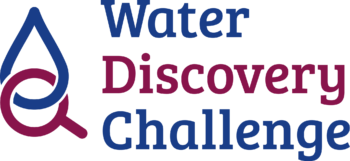Integrated Water Management is the heart of the Enabling Water Smart Communities project.
IWM is a collaborative approach to land and water governance that integrates social, environmental, and economic factors to deliver coordinated management of water storage, supply, demand, wastewater, flood risk, water quality and the wider environment.
Our current water management system has many components including water supply, flood risk management, water quality, research, and resource planning. Each of these require a input from a variety of organisations with different interests, (developers, land owners, architects, farmers, legislators, etc.), leading to a fragmented sector. This means easier and cheaper solutions have historically been favoured, which significantly impacts our natural environment and misses opportunities for better outcomes.
Achieving Integrated Water Management is fundamental to meeting long-term challenges facing our relationship with water, including flood risk, and river and soil health.
The image on the right is an example approach developed by Arup to IWM which we have used during the project development.
Click to enlarge




